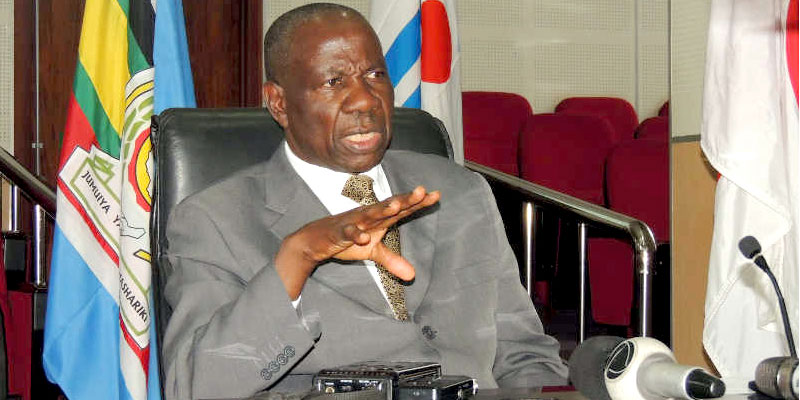News
Harshest Budget in Years
Taxes on mobile money, WhatsApp, higher fuel levy set to make life even harder
The government is set to unveil its harshest budget in years on June 14, following the approval by Parliament of radical tax measures including those that require telecoms to deduct additional charges from users for using mobile money, social media.
The government has argued that money has migrated from traditional payment systems like banks to digital platforms like mobile money, thus the need to levy tax on such platforms.
Some MPs, however, insisted that imposition of tax on sending, receiving and withdraw of money using mobile money services would be detrimental to low income earners who depend on the service. “The one per cent tax on mobile money is going to reduce financial inclusion which we are seeking as a country for the most vulnerable in society,” argued Monicah Amoding NRM, Kumi District.
Despite receiving strong support from the civil society, Parliament dismissed the pleas on financial inclusion and passed the excise tax amendment bill.
The approval of radical tax measures, expected to be unveiled in the reading of the National Budget two weeks, came after President Museveni convened the NRM Caucus to concretise positions on tax and other budget issues.
Before The Sunrise went to bed ahead of Parliament’s May 31 deadline to pass the budget, there were reports that government intends to hike several other taxes including on fuel.
The hike in taxes comes amid rising demands for higher pay from civil servants, a worsening debt problem and government’s unwillingness to cut back in its own bloated expenditure.
Many economists have predicted worse economic times for most ordinary people as they see their standards of living fall due to taxes and low economic activity.
Cost of cars set to go up
Parliament this week introduced a ban on the importation of all vehicles older than 15 years. The government had proposed a ban on cars older than 8 years under theTraffic and Road Safety (Amendment) Act 2018. This proposal however drew harsh criticism from the general public as a job killer and one that would deprive millions of Ugandans from realising lifetime dreams of owning a car.
MP Henry Musasizi, who is the Chairperson of the Committee on Finance, Planning and Economic Development, supported the move, but cautioned Parliament against depriving hundreds of employment.
“The used motor vehicles industry comprises of car importers, forwarders totalling to 11,139 people. The ban on the importation of old vehicles will render 11,000 direct beneficiaries of this unemployed,” said Musasizi.
The Act also extended the age of cars exempted from environmental levy to eight years from the original five years. The environmental levy tax burden now shifts to older cars.
From five to 15 years, the levy now becomes 50 per cent of the value of the vehicle.
The ban on older cars however means that fewer cars will be allowed into the country, making them more expensive.
Comments




















